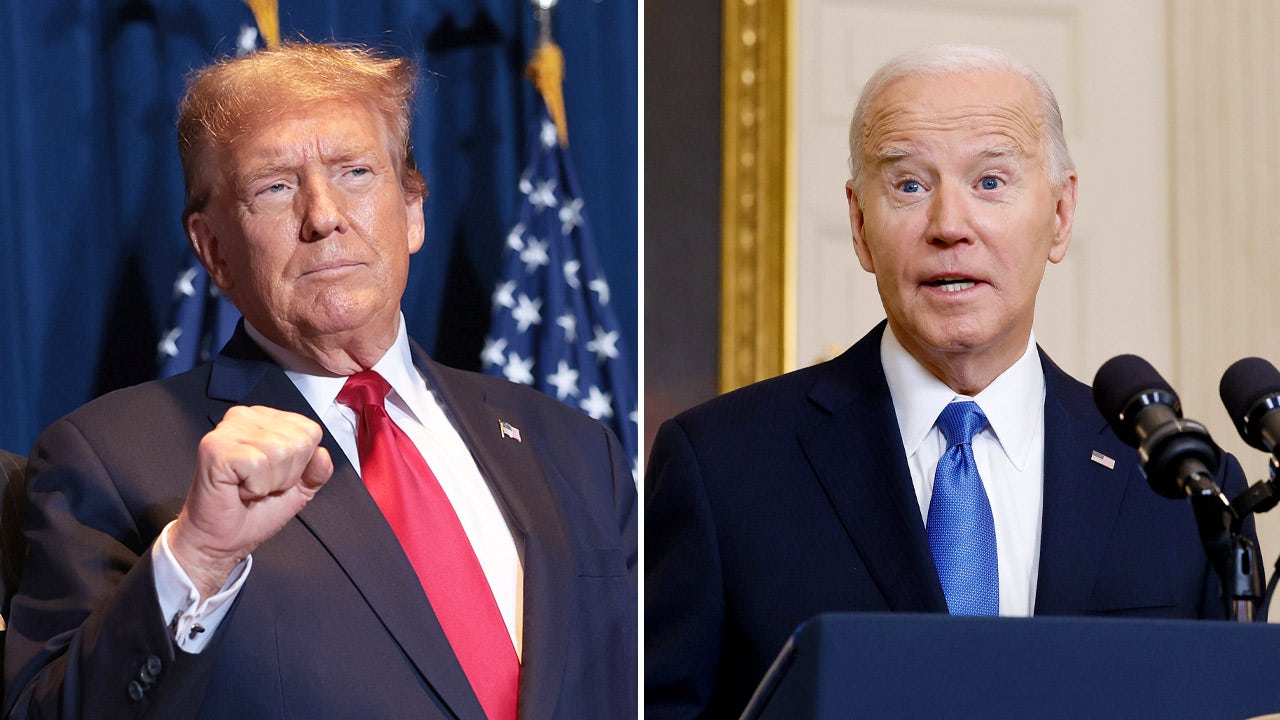China imposed tariffs on some U.S. imports early Tuesday morning in response to new tariffs President Donald Trump placed on Chinese goods beginning at midnight.
Trump had signed an executive order authorizing a 10% additional tariff on imports from China.
The order also included a 25% additional tariff on imports from Canada and Mexico, and an additional 10% tax on energy imported from Canada, including oil, natural gas and electricity. The president has since agreed to a 30-day pause on the tariffs on Mexico and Canada.
The additional 10% tariff on all Chinese imports into the U.S. went into effect on Tuesday after Trump warned Beijing it was not doing enough to stop fentanyl from being trafficked into the country. Trump plans to speak to Chinese President Xi Jinping later in the week, according to the White House.
AUTOMOTIVE GROUPS REACT TO TRUMP TARIFFS ON IMPORTS FROM CANADA, MEXICO, CHINA
China’s Finance Ministry said shortly after the tariff started that it would impose a tariff of 15% for coal and liquefied natural gas and 10% for crude oil, agricultural equipment and large-engine cars imported from the U.S.
An anti-monopoly investigation into Alphabet Inc’s Google was also announced, while including both PVH Corp., the holding company for Calvin Klein and other brands, and U.S. biotechnology company Illumina on its “unreliable entities list.”
Additionally, China’s Commerce Ministry and its Customs Administration revealed it is imposing export controls on some rare earths and metals that are critical for high-tech gadgets and the clean energy transition.
The new tariffs on U.S. goods will start on Feb. 10, according to the ministry.

During Trump’s first term, he started a two-year trade war with China over its massive U.S. trade surplus, with each side imposing tariffs on hundreds of billions of dollars worth of goods, hurting global supply chains and damaging the world economy.
Trump had warned he might continue to increase tariffs on China unless it blocked the flow of fentanyl into the U.S.
CHINA THREATENS TO RETALIATE AGAINST TRUMP TARIFFS
“China hopefully is going to stop sending us fentanyl, and if they’re not, the tariffs are going to go substantially higher,” the president said Monday.
China has said the flow of fentanyl is a U.S. problem and that it would challenge the tariffs at the World Trade Organization and look for other countermeasures, although it also left the door open for dialogue.
Reuters contributed to this report.



